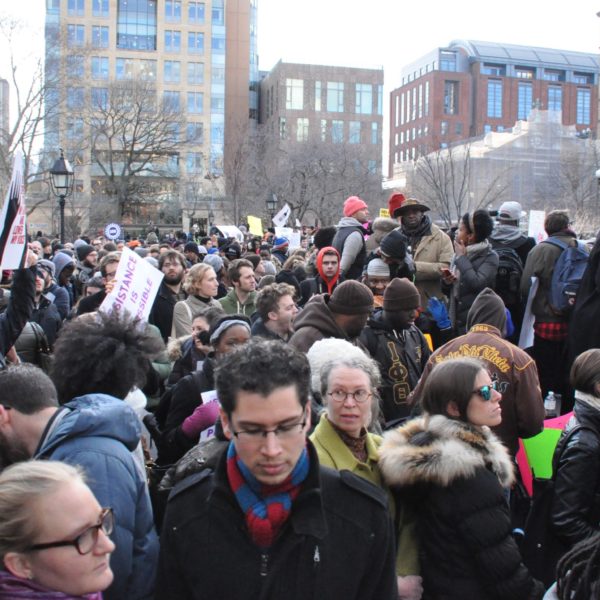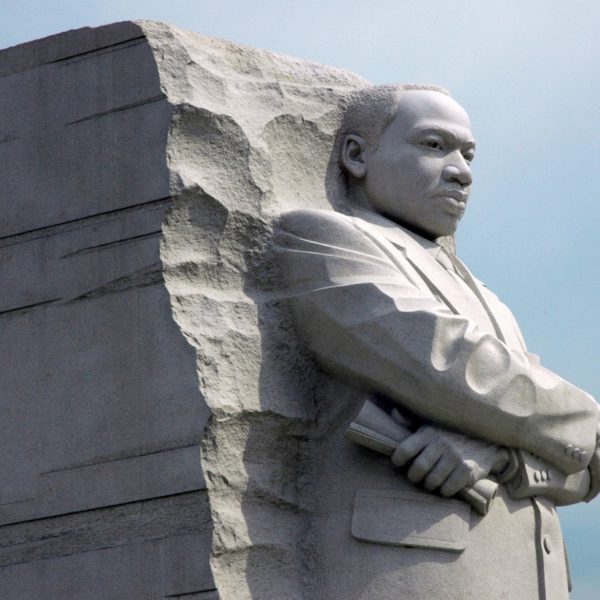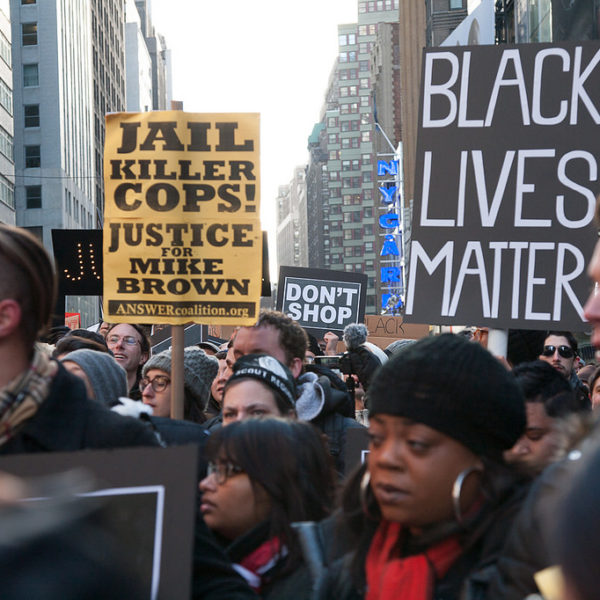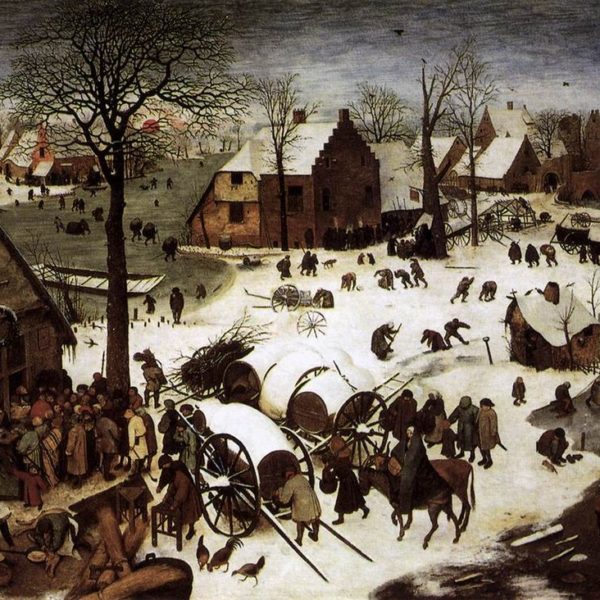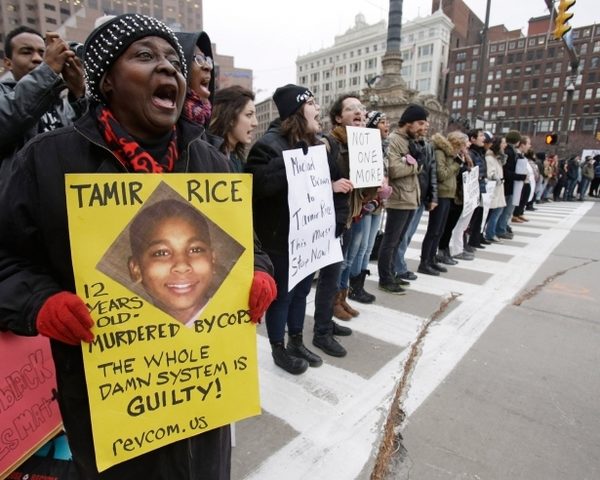
In this week’s edition of QUICK TAKES, we take a hard look at the race crisis in America in light of the death of Freddie Gray and the turmoil in Baltimore. We posed the following questions to our contributors: What do the seemingly regular reports of deaths of young black men at the hands of police officers as well as the resulting protests tell us about the conditions of race and race relations today?
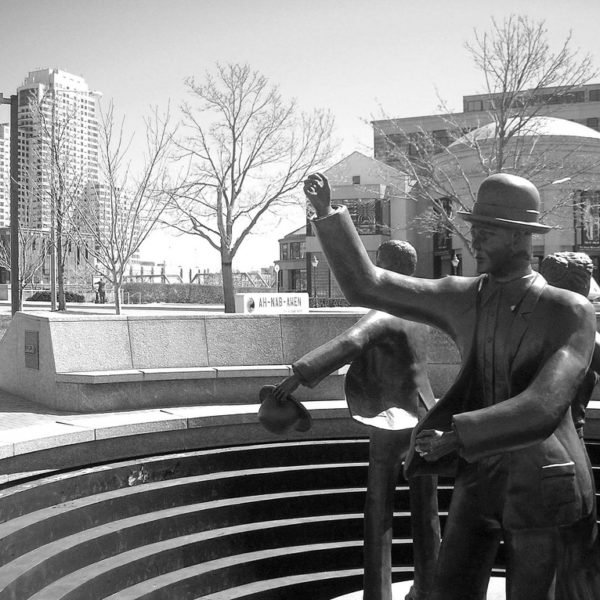
Labor leaders and scholars from around the world are gathering for a two-day symposium in Syracuse, New York, to explore how the moral resources within religious traditions can invigorate labor activism and struggles for labor justice. The symposium will bring together ethicists, theorists, theologians, historians, and others to foster a dialogue intended both to deepen scholarly conversations around these issues and to promote greater intellectual depth for faith-based labor organizing. The conference will be held at Syracuse University and Le Moyne College on April 10-11. Registration is free and all are welcome.
